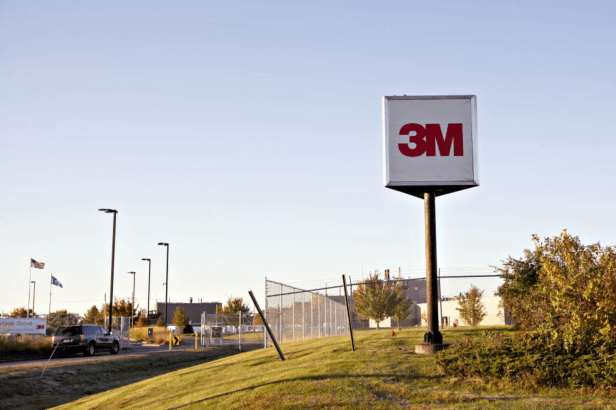‘Forever Chemical’ Lawsuits Could Ultimately Eclipse the Big Tobacco Settlement
By Jeffrey Kluger | TIME | July 13, 2023

Read the full article by Jeffrey Kluger (TIME)
“It was the dead cows on Wilbur Tennant’s farm that shaped most of Rob Bilott’s professional life. Tennant’s farm was located in Parkersburg, W. Va.; Bilott was—and remains—an environmental lawyer at the firm of Taft Stettinius & Hollister in Cincinnati. All had been well for Tennant until 1998, when half of his herd of 300 cows began to languish and die. The farmer and the lawyer never would have come together, but Bilott’s grandmother lived near Tennant, and a mutual friend suggested Tennant call her grandson for counsel.
Tennant had reason to suspect he needed the help of an environmental lawyer. His property was located up against a DuPont chemical plant, which was sending waste to an adjacent landfill; that, Tennant believed, was leaching contaminated water through a discharge pipe into the stream from which his cows drank. Bilott took the case, and in the summer of 1999, he filed the first ever lawsuit for damages resulting from the class of chemicals the plant was producing, known as PFAS (which DuPont was using to manufacture Teflon). Tennant and DuPont settled in 2001 for an undisclosed amount of money, but the case was just one in an avalanche of lawsuits that have come since.
‘I’ve been practicing law since 1990,’ says Bilott. ‘So I’m 33 years in and 25 of those 33 years have been focused on PFAS.’
He’s hardly alone. Currently, there are more than 15,000 claims that have been filed nationwide against DuPont—and its spinoffs Chemours and Corteva—along with 3M, the major manufacturers of PFAS in the U.S., according to Michael London, partner in the New York-based Law firm Douglas & London, which is handling most of the cases. A handful of smaller PFAS companies are also facing suits. So far, DuPont, Chemours, Corteva, and 3M have paid a total of nearly $11.5 billion in damages for PFAS contamination. But that number could grow considerably, even exceeding the more than $200 billion paid by Big Tobacco in the 1990s. And well it should, environmental lawyers argue."
This content provided by the PFAS Project.
Topics: